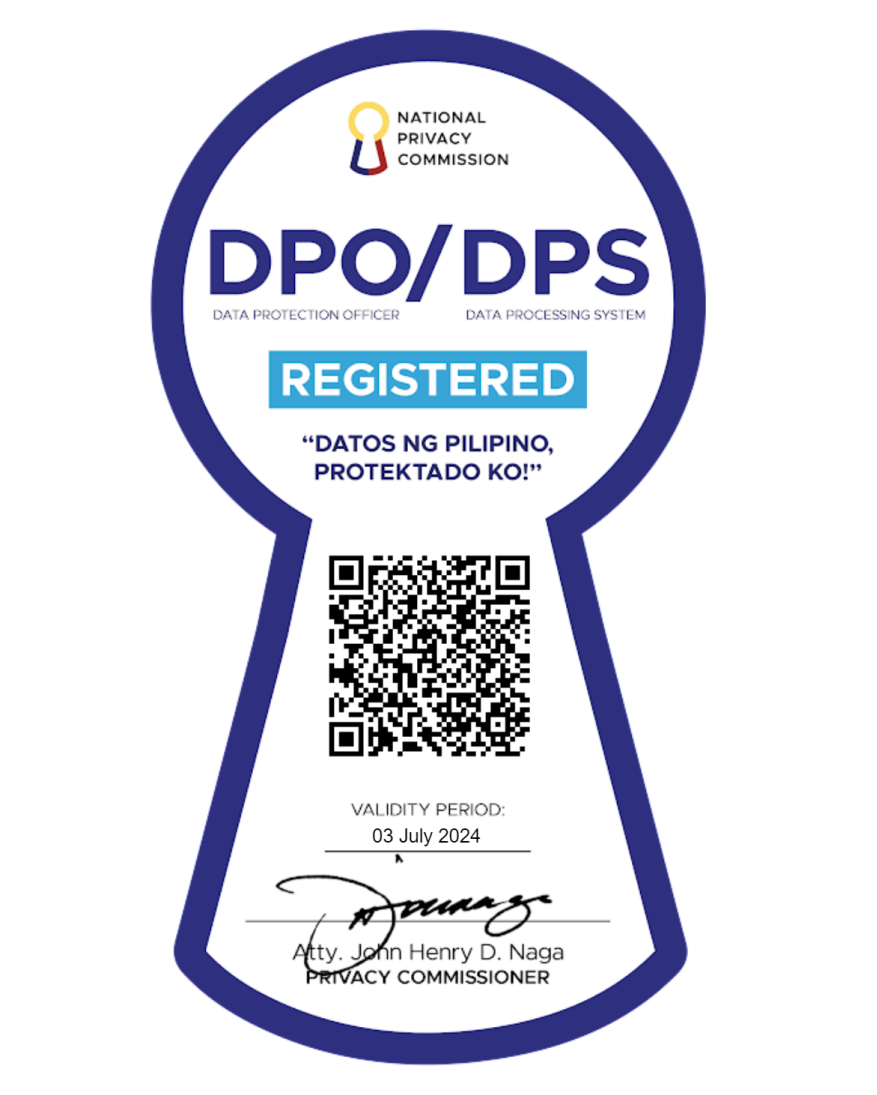PTC’s C/E Haboc explores the vital role of STCW in shipping operations at Hellas Confidence Forum
DECEMBER 6, 2024

On December 4, 2024, C/E Alfredo G. Haboc, the Quality Assurance and Program Director of PHILCAMSAT, addressed the critical topic of “STCW: Impacts to Shipping Operations” during the Hellas Confidence Shipmanagement S.A./CSC Manila Crew and Officer Forum 2024, held at Lanson Place in the Mall of Asia Complex.
The session began by outlining the regulatory framework governing shipping operations both nationally and internationally. Haboc emphasized that compliance with these regulations is not just a legal obligation but also an ethical responsibility to ensure the safe, secure, and environmentally responsible operation of vessels, safeguarding both the seas and the communities that depend on them. The discussion smoothly transitioned to the essential role of International Maritime Organization (IMO) safety instruments, which are foundational to achieving the IMO's mission of creating a safe and sustainable maritime environment. He elaborated on how adherence to these standards enhances operational efficiency and safety on board.
A detailed analysis of the Standards of Training, Certification, and Watchkeeping for Seafarers (STCW) followed, where Haboc meticulously outlined the mandatory requirements for the issuance of the Certificate of Competence and Certificate of Proficiency. He stressed that these certifications are not just bureaucratic processes but essential to ensuring crew members are properly trained and prepared for the challenges they may face at sea. He also reviewed relevant MARINA Circulars and Advisories, providing practical guidance on how to navigate these documents and view them as helpful resources rather than obstacles. Real-life examples of successful compliance strategies were shared, resonating deeply with the audience’s industry experiences.
The discussion then shifted to the critical areas of Port State Control (PSC) and ship vetting requirements. Haboc explained how compliance with MARINA issuances, alongside other IMO and shipping industry standards, forms the foundation for meeting these requirements. He emphasized that proactive compliance not only mitigates risks but also enhances a vessel’s reputation in the competitive shipping market. The session concluded with a review of the company’s “Training Matrix,” where Haboc urged attendees to ensure that their training programs are consistently updated and aligned with operational needs. He stressed that continuous investment in crew development is crucial to maintaining high standards of safety and operational efficiency in the maritime industry.
Keywords/Tags |
| c/e alfredo g haboc, quality assurance, program director, philcamsat, stcw, shipping operations, international maritime organization (imo), certificate of competence, certificate of proficiency, marina circulars, port state control (psc), ship vetting requirements, training programs, crew development, maritime industry |


